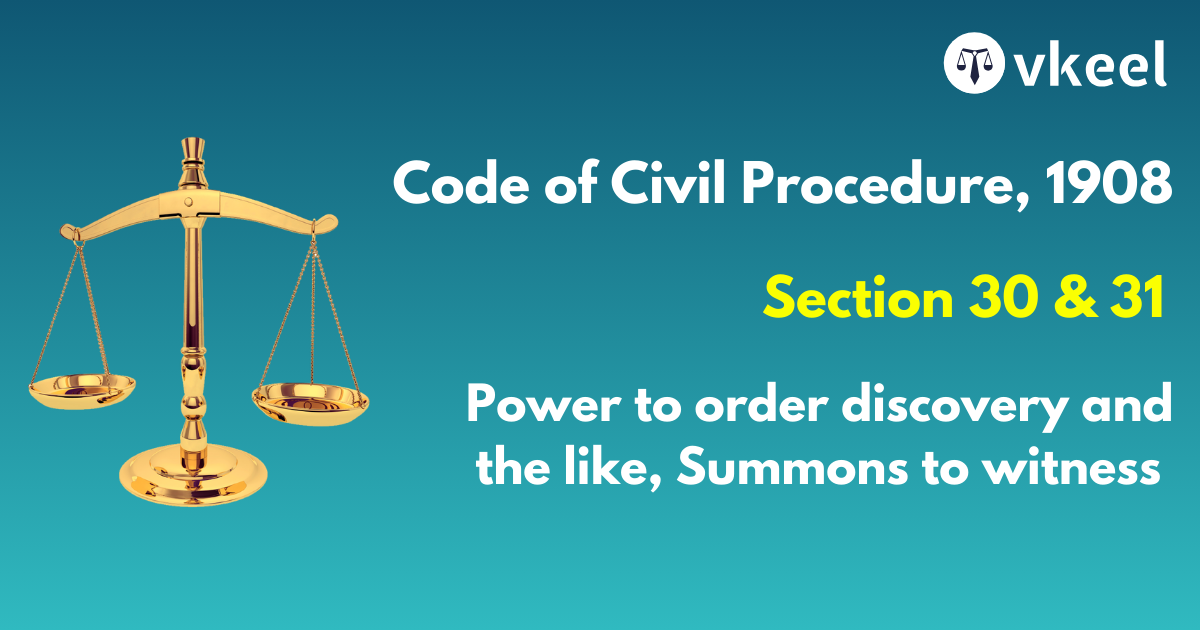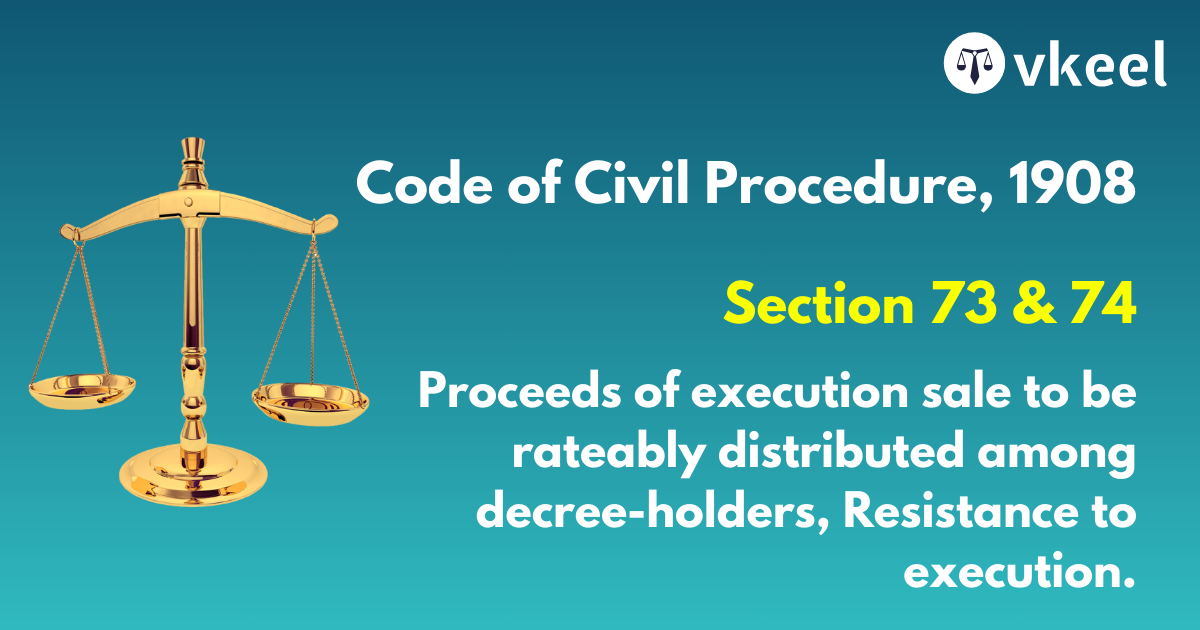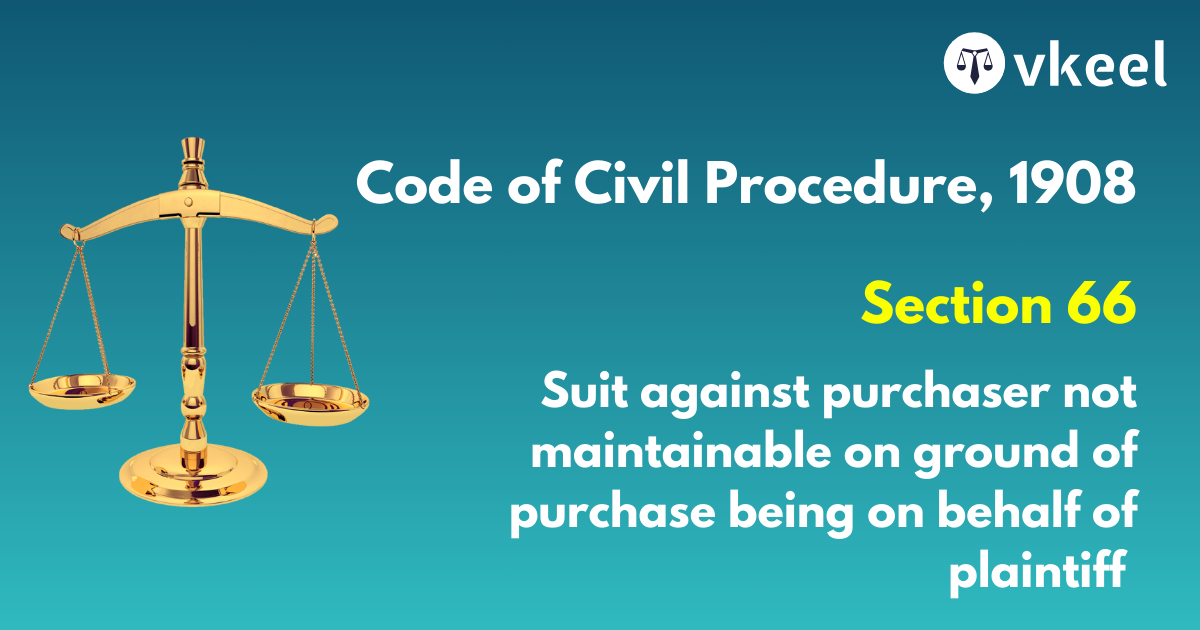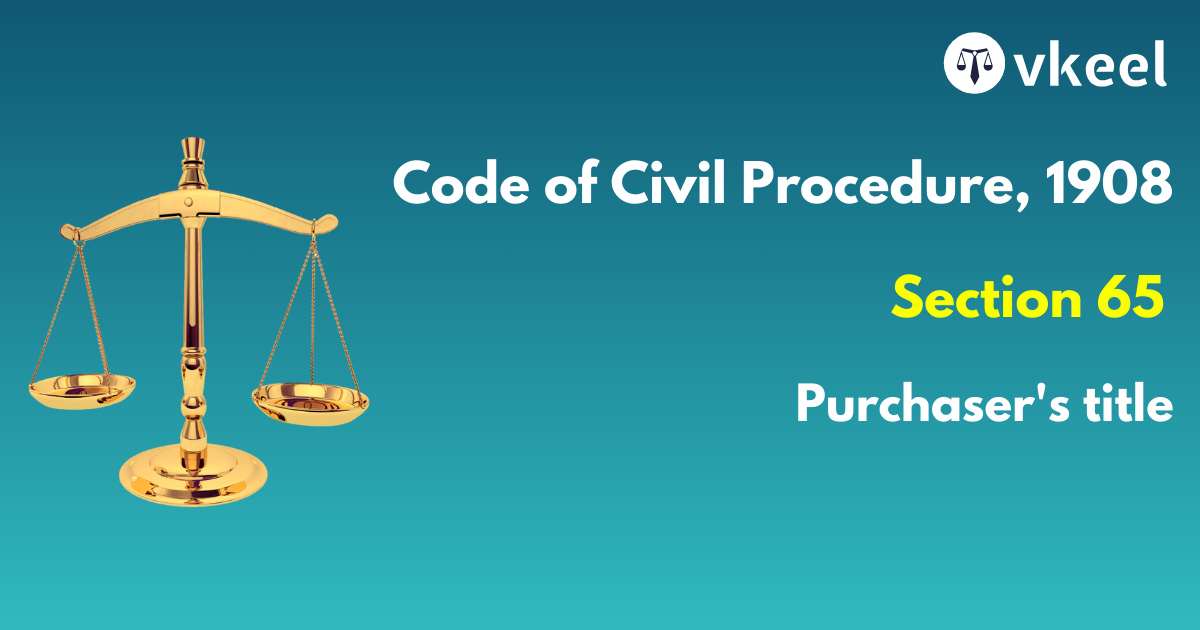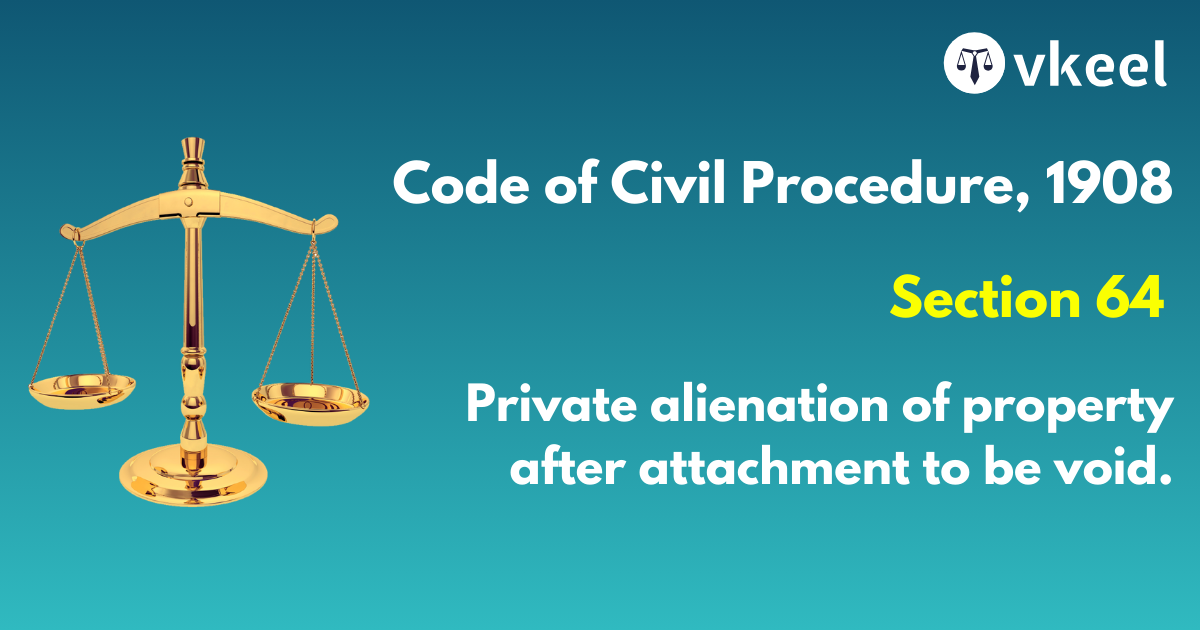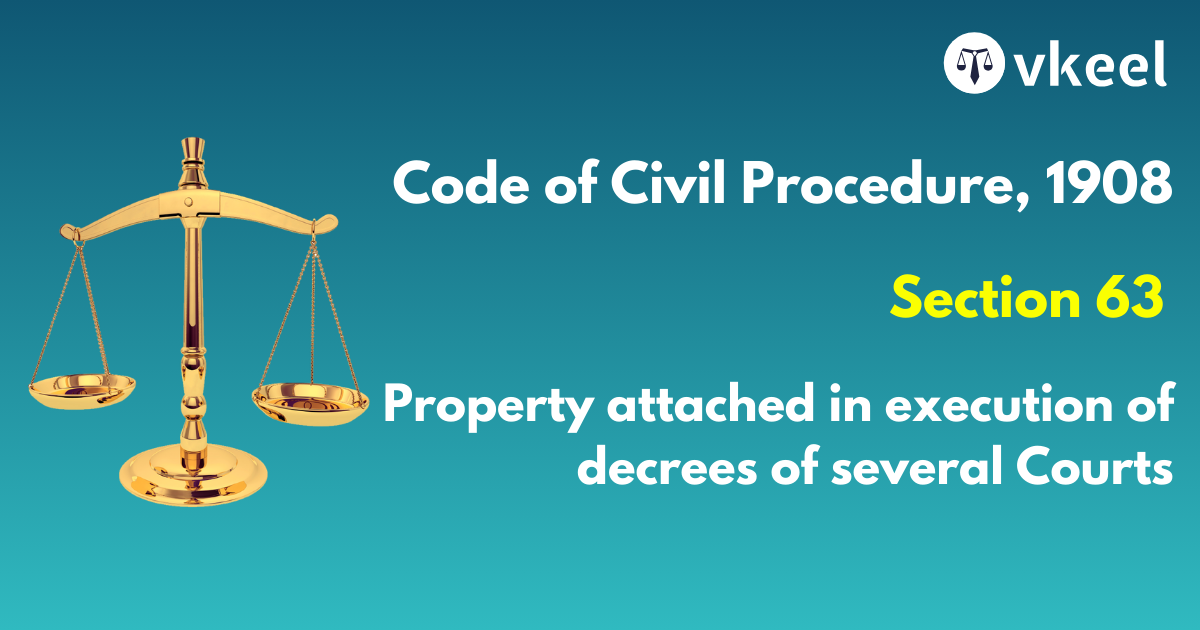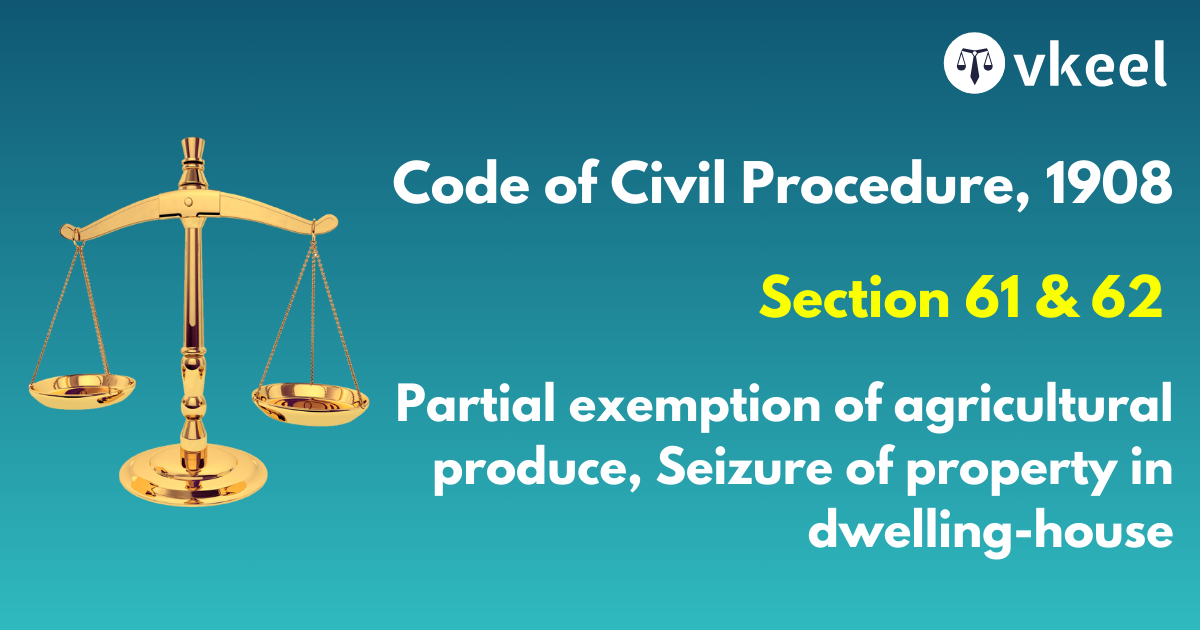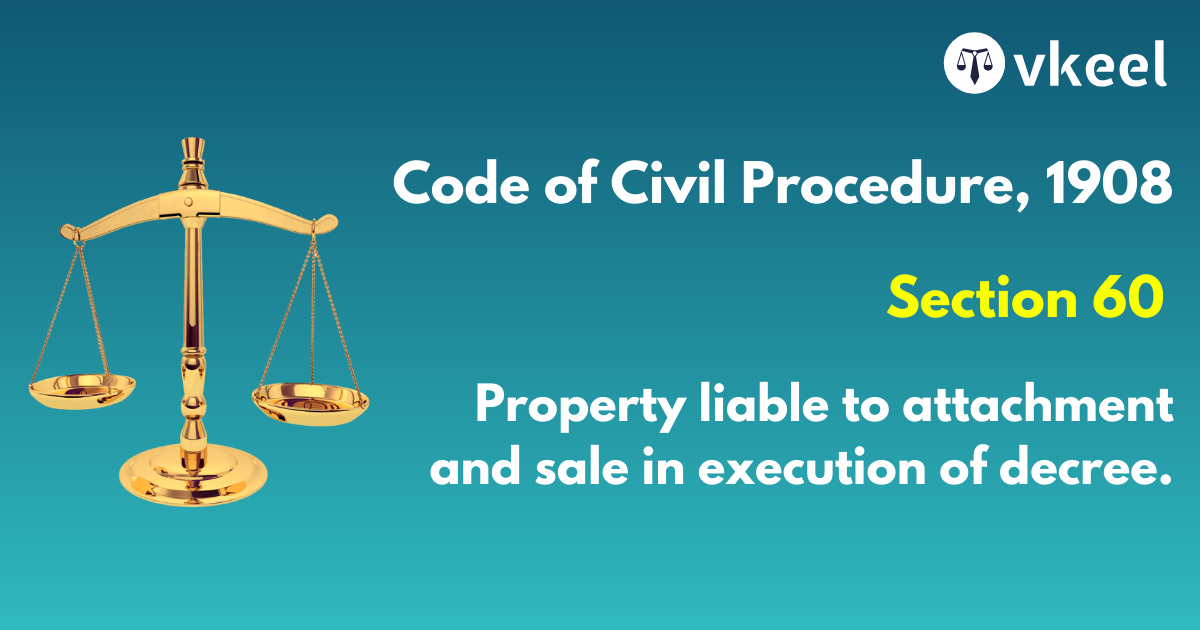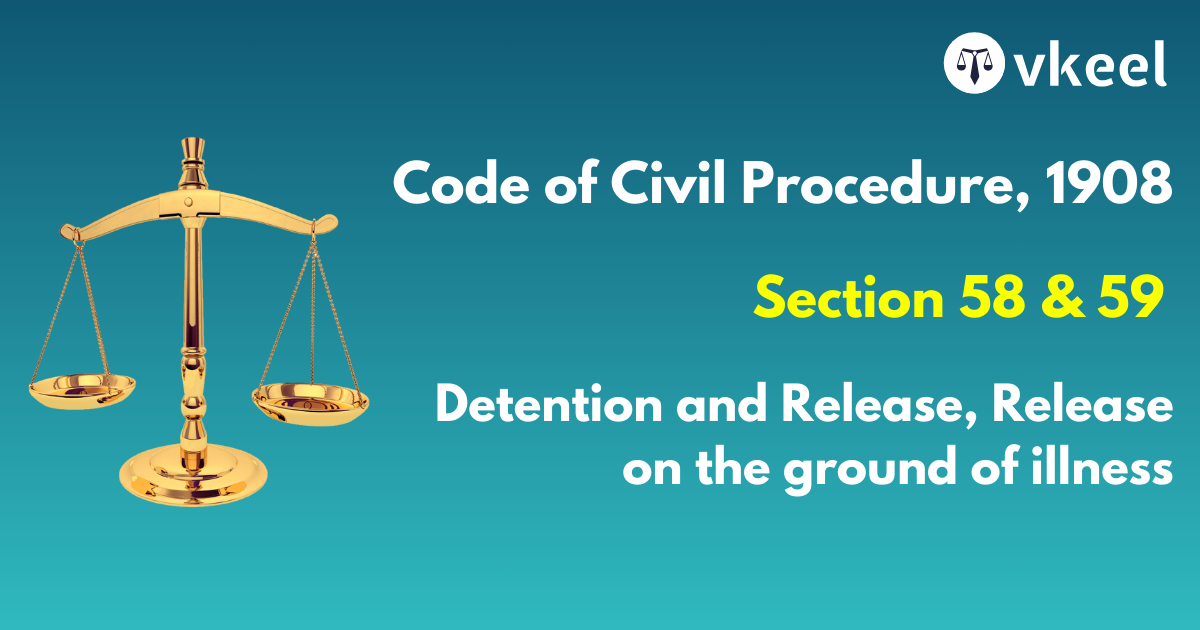Section 30 & 31 of Code of Civil Procedure,1908
By Joy Puri
Introduction
The Section 30 of the Code of Civil Procedure envisages about the power of the courts of law to order the production of the documents and to permit the interrogation of the parties.
It is a provision of the Code of Civil Procedure which further provides the courts of law with broad powers for meeting the ends of justice.
Section 30 of the Code of Civil Procedure, 1908
Power to order discovery and the like
Subject to such conditions and limitations as may be prescribed, the Court may, at any time, either of its own motion or on the application of any party,—
(a) make such orders as may be necessary or reasonable in all matters relating to the delivery and answering of interrogatories, the admission of documents and facts, and the discovery, inspection, production, impounding and return of documents or other material objects producible as evidence;
(b) issue summonses to persons whose attendance is required either to give evidence or to produce documents or such other objects as aforesaid;
(c) order any fact to be proved by affidavit.
Section 31 of the Code of Civil Procedure, 1908
Summons to witness-
The provisions in sections 27, 28 and 29 shall apply to summonses to give evidence or to produce documents or other material objects.
Landmark Case Laws
Anwar Hussain Vs Union of India and Ors, 2015
The Hon’ble Supreme Court in a catena of cases held that even if a party fails to discharge his duties for calling a document, section 30 of the Code of Civil Procedure, may be enforced by the court to call for that document and/or to enforce attendance of witness if it is so required for the ends of justice.
Naren Advertising Marketing Vs State Bank of Saurashtra, 2001
Section 30(b) does not provide any time limit and in fact at any time an application may be filed to issue summons to a person whose attendance is required either to give evidence or to produce documents; Section 30 provides no time limit, hence an application for summoning a witness in a fit case should not be rejected on the ground of mere delay in presenting the application.
Raman Nair Vs Sreedevi Amma, 2001
Direction for personal appearance of a party, in the instant case party residing abroad was alleged to be dead, should not be issued where such a direction would cause him serious inconvenience and monetary loss.
Chukka Ramaiah v Chekuru Bujjaiah, 2010
The procedure that is prescribed for service of summons to defendants in a suit is made applicable to witnesses also, under section 31 of CPC. Where a party, whether plaintiff or defendant, has secured the presence of witness by himself, but is not able to ensure his presence subsequently, section 31 of CPC, has no application. Taking out summons to such witnesses would amount almost to a hybrid exercise, since the presence of the witness is partly procured by the party himself, and for the remaining part he seeks the assistance of the Court. The same is impermissible in law.
Gobinda Vs Magniram, 1940
Where it is obvious that the decision would depend largely upon documentary evidence, the judge should himself make the necessary orders under section 30 in the absence of any application by either party.
Vaikunthrao Vs Dnyaneshwar and Others
The Court can Suo Motu or on its own motion proceed under Section 30 of the CPC to call relevant documents or objects from any person for that case. No doubt, the Court cannot give legal advice or compel to do to act to any party which is not relevant to the case. However, Court can suggest within four corners of law to do particular act for the ends of justice suiting to the case reasonably in the interest of justice. But, even if something is suggested and not done by that party or advocate, an adverse inference cannot be drawn against them unless law permits. Thus, Court can impartially participate in the trial and suggest the parties and their advocates to do particular act fairly in the interest of justice to adjudicate the issue in matter judiciously.
Maria Margarida Sequeria Fernandes Vs Erasmo Jack de Sequeria, 2012
In civil cases, adherence to section 30 CPC would help in ascertaining the truth. It seems that this provision which ought to be frequently used is rarely pressed in service by our judicial officers and judges.
Lalit Kumar Modi Vs Union of India and Ors, 2013
The power of the civil court is thus contained in Section 30 of the CPC, which empowers a court at any time either on its own motion or on the application of any party to inter alia issue summons to persons whose attendance is required either to give evidence or to produce documents or such other objects, as aforesaid. The coercive power of the court to compel attendance of any person to whom summons have been issued under Section 30 of the CPC are provided in Section 32 of the CPC.
M/s. Karnavati Fincap Ltd. & Another Vs Securities & Exchange Board of India
Section 30 empowers the court on its own motion to issue summonses to person whose attendance is required either to give evidence or to produce documents or such other objects as aforesaid, that is to say, that persons whose attendance is necessary and relevant for the purposes of inquiry at any time, or in whose possession the relevant documents are there, the civil court has necessary jurisdiction and power to summon such a persons and enforce his statement as well as production of documents relevant for the inquiry.
Conclusion
The court in the respective case holds the authority for the issuance of the supplementary orders which it believes or deems to necessary to ensure the fairness of the trial.
The powers so possessed by these courts thereby promises that all the relevant facts and evidence are brought before the court for the adjudication arising there
Disclaimer:
The information provided in the article is for general informational purposes only, and is not intended to constitute legal advice or to be relied upon as a substitute for legal advice. Furthermore, any information contained in the article is not guaranteed to be current, complete or accurate. If you require legal advice or representation, you should contact an attorney or law firm directly. We are not responsible for any damages resulting from any reliance on the content of this website.

